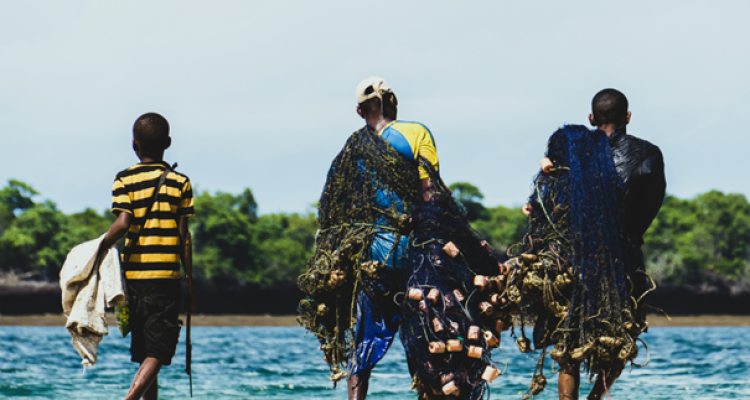
Project
Beyond the reef: assessing ecosystem services arising from coral reef restoration to improve livelihoods in Shimoni, Kenya
Coral reefs are important marine ecosystems and are often described as 'underwater' tropical rain forests. Coastal protection, artisanal and commercial fisheries and tourism attractions are identified as crucial coral reef ecosystem goods and services supporting the wellbeing and livelihoods of many people living within the coastal zones.
What is this project about?
Coral reefs are increasingly faced with myriad threats ranging from unsustainable fishing practices such as blast and drag net fishing to coral bleaching due to climate change. Reef restoration has become a popular conservation intervention across the world among conservationists, scientists and managers trying to restore and accelerate recovery of these degraded reef ecosystems. Coral reef restoration is still a new conservation practice and young science on trial. The focus remains often on short-term ecological effectiveness, rather than the broader socio-economic aspects and community involvement. This bias limits the effectiveness of coral reef restoration and its societal impact as perceived by reef stakeholders, although improving wellbeing and livelihoods are often mentioned. The PhD research focus and interest is to address this gap and understand the societal impact of reef restoration, based on the restoration project in Shimoni, southern coast of Kenya.
Research Objectives
The research is guided by the following research objectives:
1) determine whether coral reef restoration enhances coral reef ecosystem services, 2) examine reef stakeholders’ involvement, their motivation and expectation from reef restoration, 3) assess socio-economic benefits of coral reef restoration as perceived by the reef stakeholders, and 4) investigate potential alternative and sustainable livelihood opportunities for reef stakeholders and reduce the currently unsustainable fishing pressure on the reef. A combination of social science research methods ranging from semi-structured interviews, focus group discussions, participant observation, to systematic literature review are used to collect relevant primary and secondary data.
The desired result is to understand societal impact of reef restoration and its opportunities as perceived by reef stakeholders. This is expected to contribute to the limited scientific knowledge currently available on this topic. In addition, it offers the opportunity to build a marine conservation framework to advance reef stakeholders participation in decision making on management and long-term sustainable solutions towards improving livelihoods.